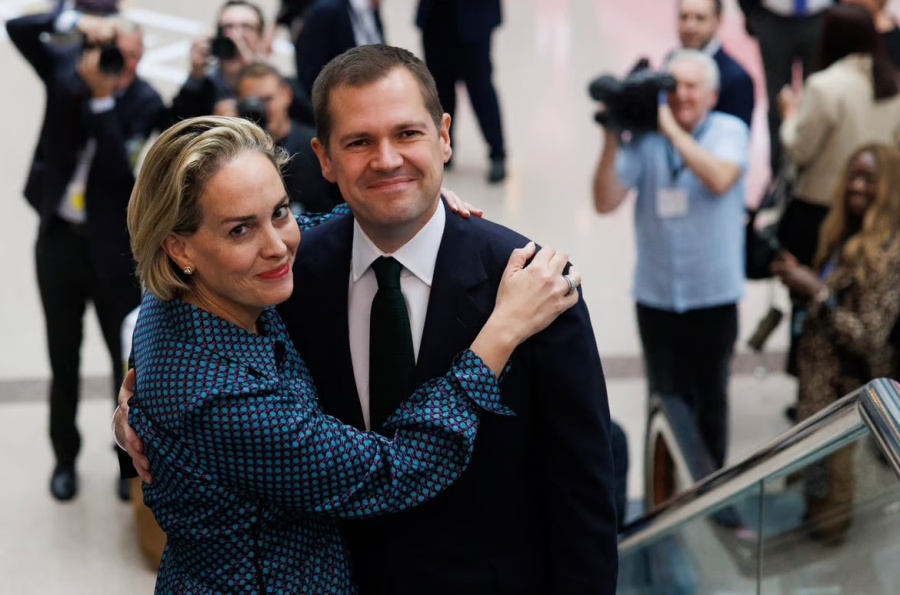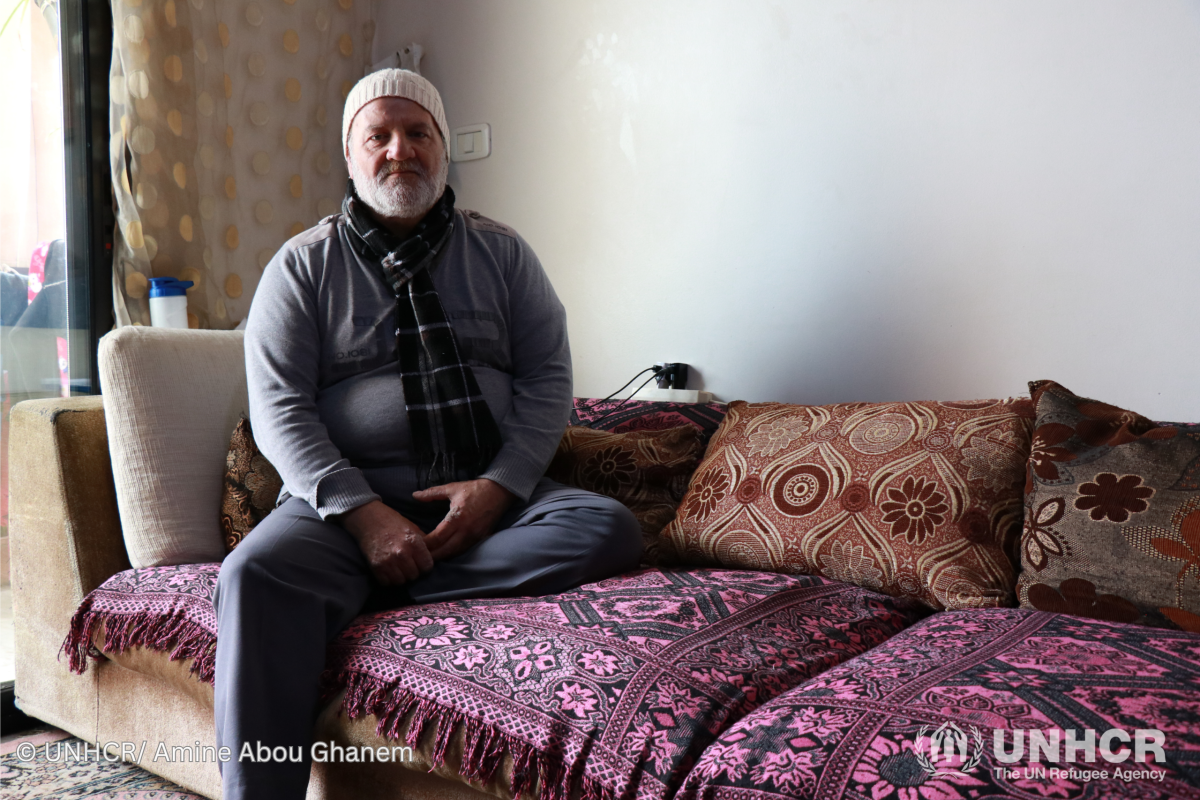UN High Commissioner for Human Rights Volker Türk appealed to the UK Government to reverse the legislation, which has yet to receive Royal Assent…reports Asian Lite News
UN High Commissioner for Human Rights, Volker Türk, called the Public Order Bill “deeply troubling legislation”, after it completed its passage through parliament on Wednesday.
“It is especially worrying that the law expands the powers of the police to stop and search individuals, including without suspicion; defines some of the new criminal offences in a vague and overly broad manner; and imposes unnecessary and disproportionate criminal sanctions on people organizing or taking part in peaceful protests,” Türk said.
He appealed to the UK Government to reverse the legislation, which has yet to receive Royal Assent, “as soon as feasible”.
The Government insists that the fundamental right to protest is still protected under the legislation, but it brings in new penalties for so-called “guerrilla tactics”.
The bill was introduced to crack down on disruptive protests by activists such as the Just Stop Oil and Extinction Rebellion groups, which have used tactics such as blocking roadways and chaining themselves to railings, including those around the UK Parliament in central London.
The UN rights chief stressed that the law’s apparent targeting of “those protesting about human rights and environmental issues” was particularly concerning.
“As the world faces the triple planetary crises of climate change, loss of biodiversity and pollution, governments should be protecting and facilitating peaceful protests on such existential topics, not hindering and blocking them,” Türk said.
Türk insisted that the law was “wholly unnecessary”, given the UK police’s existing powers to act against violent demonstrations. He also criticized the criminalization of protests linked to the new legislation.
The Public Order Act introduces “Serious Disruption Prevention Orders” which, according to the UN rights chief’s office, have the potential to significantly limit the freedoms of protesters, by allowing courts to ban individuals from being in certain places at certain times, being with particular people, or even to limit the way they use the internet.
On the basis of the new law, individuals could be electronically monitored to ensure compliance, even if they have never been convicted of any criminal offence.
Türk said that governments needed to facilitate peaceful protests while “protecting the public from serious and sustained disruption”, but that the Public Order Act could “pre-emptively limit someone’s future legitimate exercise of their rights”.
The UN rights chief also warned that the new law “regrettably weakens human rights obligations” which the UK has “long championed” in the international arena.
According to the government, the bill “protects the fundamental right to protest,” as well as “brings new penalties for disruptive and dangerous so-called ‘guerrilla tactics’” whilst “reducing delays to the law-abiding majority.”
However, Amnesty International UK’s Military, Security and Police Director Oliver Feeley-Sprague said, “The passing of this new law, which gives police unprecedented powers to restrict the right to protest, is alarming. Chilling laws like this risk the UK slipping further towards authoritarianism.”
Many backbench conservatives such as David Davis, Conservative MP for Haltemprice and Howden, and Sir Charles Walker profoundly disagreed with the bill, calling into question the behaviour of Met Police Officers, as well as the powers of Stop and Search.
The Public Order Bill will now move onto the final stages, which are the consideration of amendments and Royal Assent. The first phase requires the bill to undergo any finishing touches, known as amendments. A bill may go back and forth between each House until both Houses reach agreement on the exact wording of the Bill, known as “ping pong.” Once a bill receives Royal Assent, it is made an Act of Parliament, where the proposals in the bill become law.
This isn’t the first time the British government has tried to clamp down on what it sees as disruptive protests. Just this year, lawmakers passed the Police, Crime, Sentencing, and Courts (PCSC) Act, which gave police the power to impose time and noise conditions on demonstrations, even those involving just one person. The legislation also enshrined tougher penalties for disruptive tactics such as obstructing highways, which can now result in up to 51 weeks in prison, an unlimited fine, or both. Some of the act’s most contentious measures—which included a slate of new criminal offenses designed to curb demonstrations by environmental groups such as Extinction Rebellion, Insulate Britain, and Just Stop Oil—were deemed so extraordinary that they were rejected by the House of Lords.
ALSO READ-UK for UNHCR launches “Born Connected” Ramadan campaign














